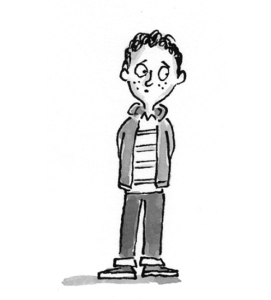Editor’s Note: This month I am pleased to publish the following article from, guest blogger and freelance writer, Jessica Kane.
Not only does clutter look bad, but it also negatively affects your mood, and even your health. Consider some of the ways that clutter impacts how you feel, and how it affects others as well.
It Can Make You Feel Depressed and Overwhelmed
Anyone who comes home after a fast-paced day at work to an untidy space will feel more overwhelmed than normal. If the clutter is allowed to pile up higher and higher, it may seem impossible to clear it up alone, which complicates the problem for the person who has to deal with it. Chaotic surroundings are also an eyesore that affects everyone, and it can even cause feelings of despondency and depression. A work zone in disarray can be very uncomfortable and bothersome to coworkers, managers, and customers, and those who live with you or come to visit may also develop a bad mood when exposed to clutter.
It Stresses You Out
According to Psychology Today, clutter is an uncommonly recognized cause of stress that has a significant impact on one’s life. In fact, a messy room constantly sends signals to your brain to take action, whether you act upon those feelings or not. If you leave clutter to gather, it creates a sense of anxiety, urgency, and the need to get something done. Ultimately, clutter creates psychological pressure and continually disrupts inner harmony.
It Breaks Your Concentration
If you are trying to focus on finishing a project or even cooking a meal, any mess can get in the way of your concentration. If you are too busy looking around an unkempt room or searching for tools you need, it will be a lot harder to focus on any task that you have to do. It is also more difficult to study or think creatively in a messy area. This simple science applies whether or not the clutter is in a room in your home, or right at your desk.
It Affects Your Health
In theory, clutter can be defined a tons of unorganized objects scattered in an area. If these objects are particularly dirty or hazardous, then the clutter can make you ill, and even become life-threatening. According to Web MD, dust, dirt, animal dander, mold and other allergens circulate in the air and can cause allergic and asthmatic reactions. If clutter is allowed to continually stress you out in various ways, you may develop psychological conditions that require treatment.
Clutter causes both mental and physical stress, but is an issue that can easily be fixed by taking the time to properly organize and clean the area in question. Don’t be tempted to allow the clutter to pile up and create a problem for you now, and in the future. Fight back by organizing every area that is unbalanced, one piece at a time.













